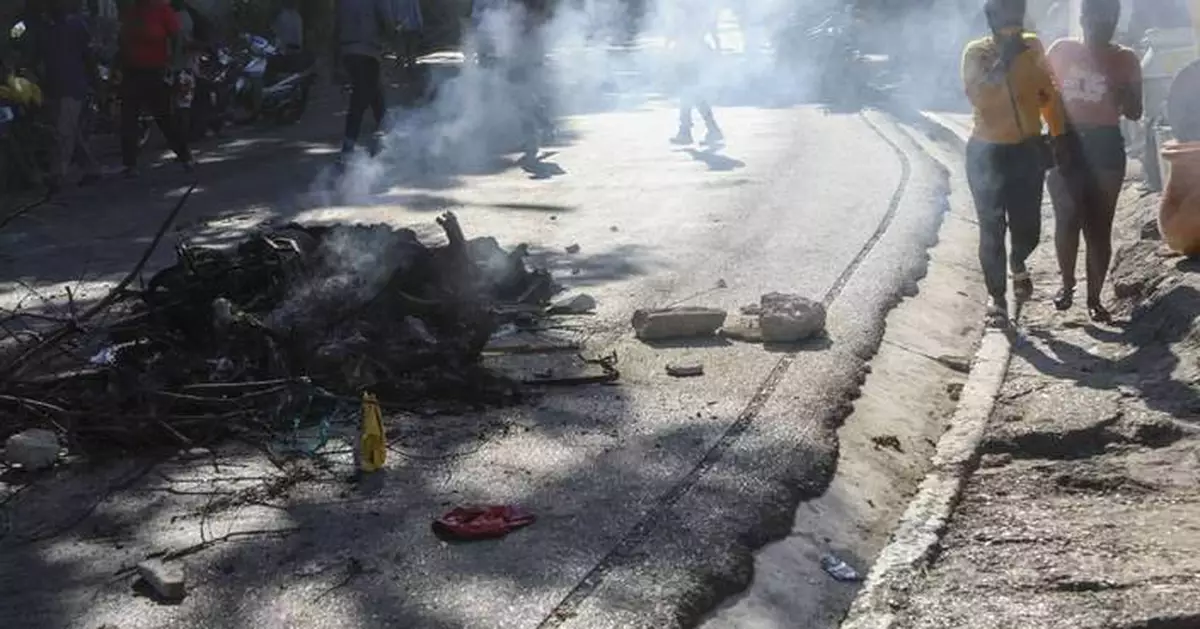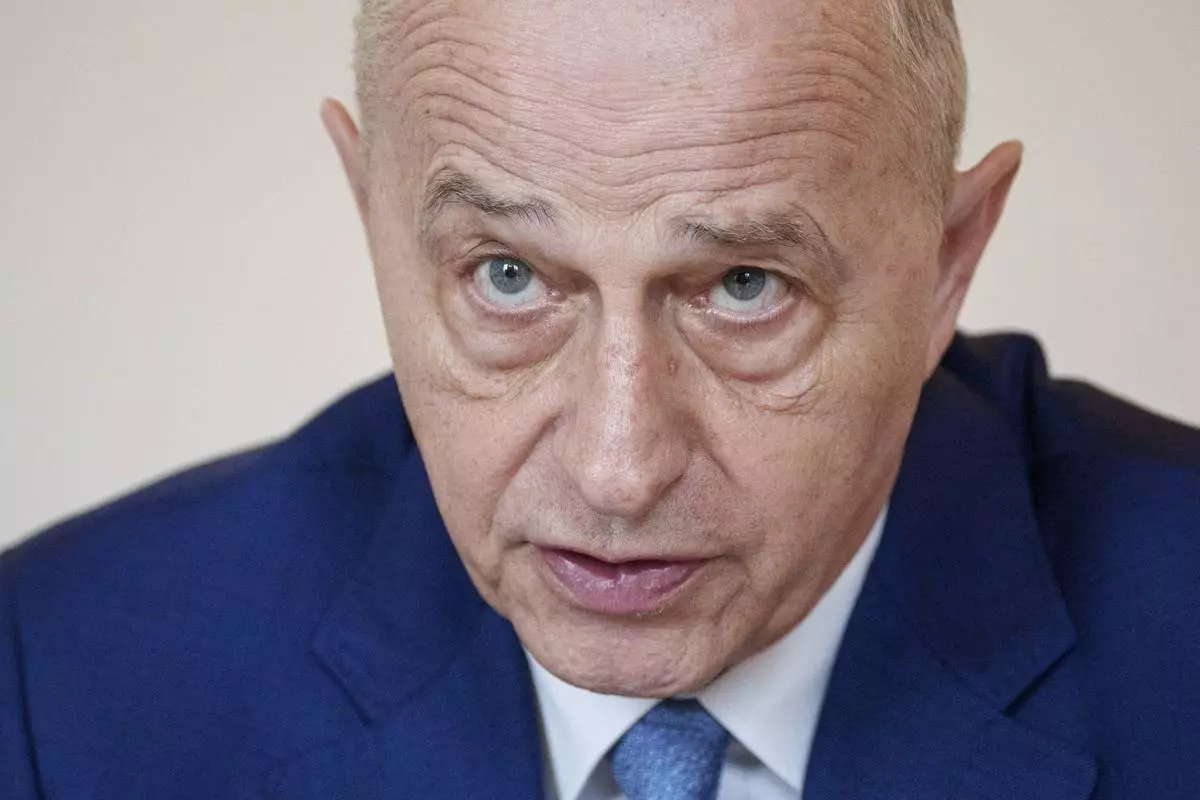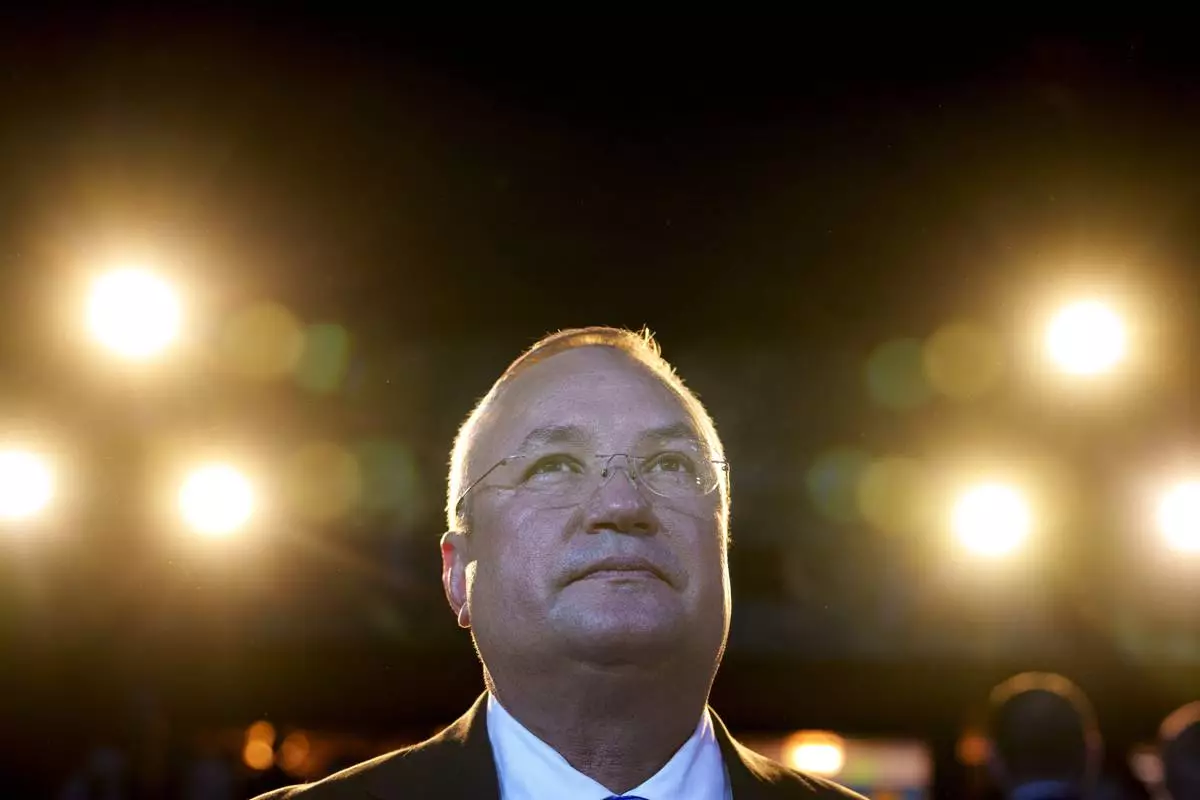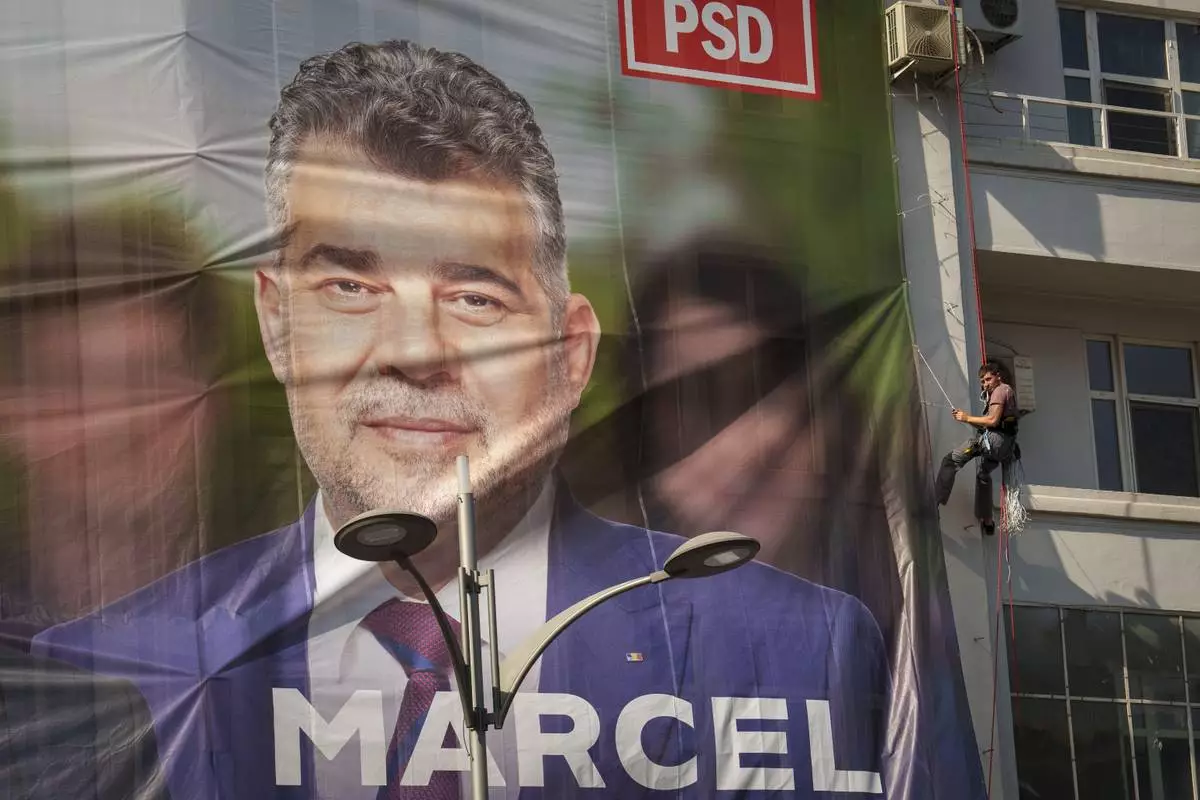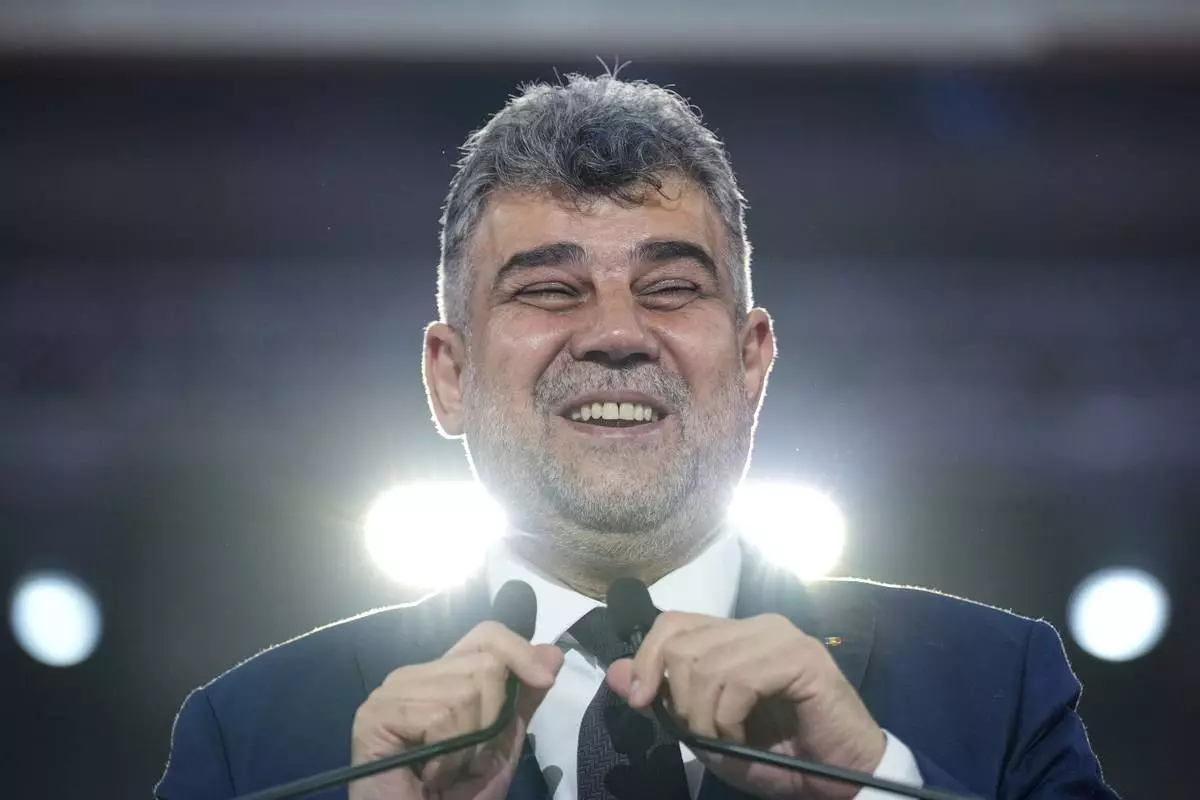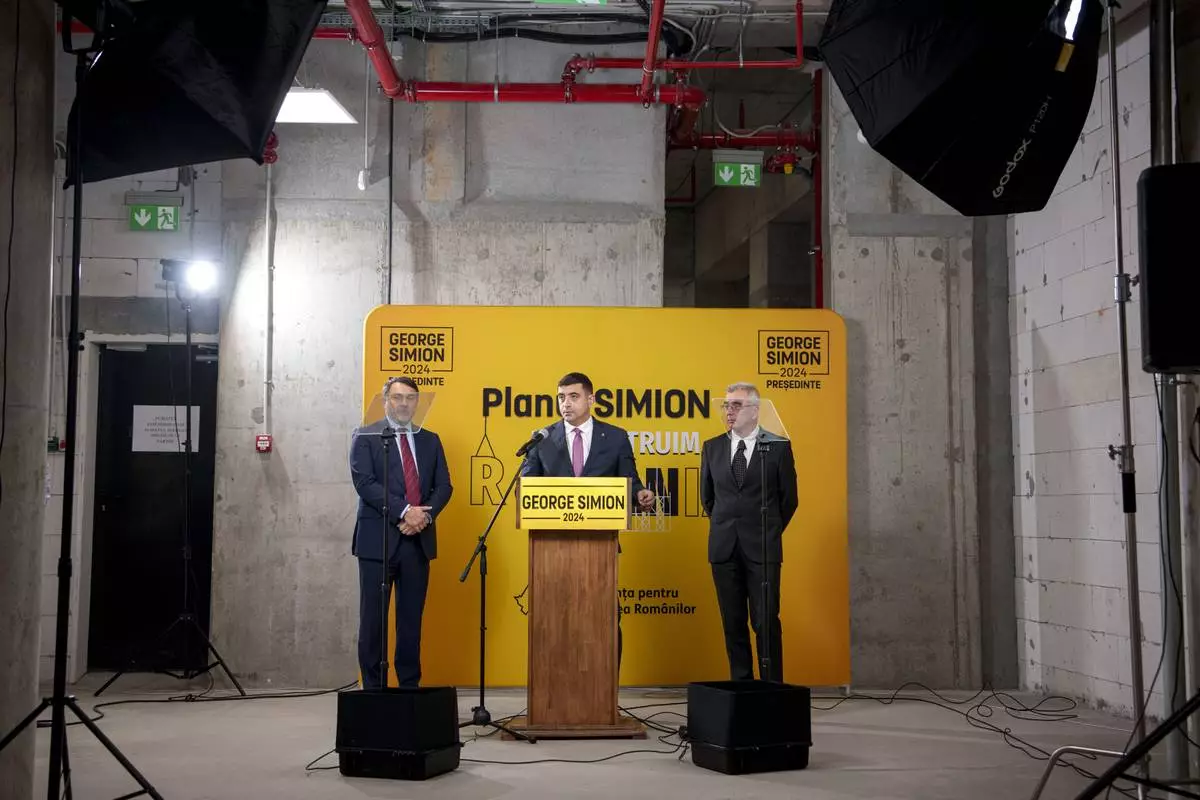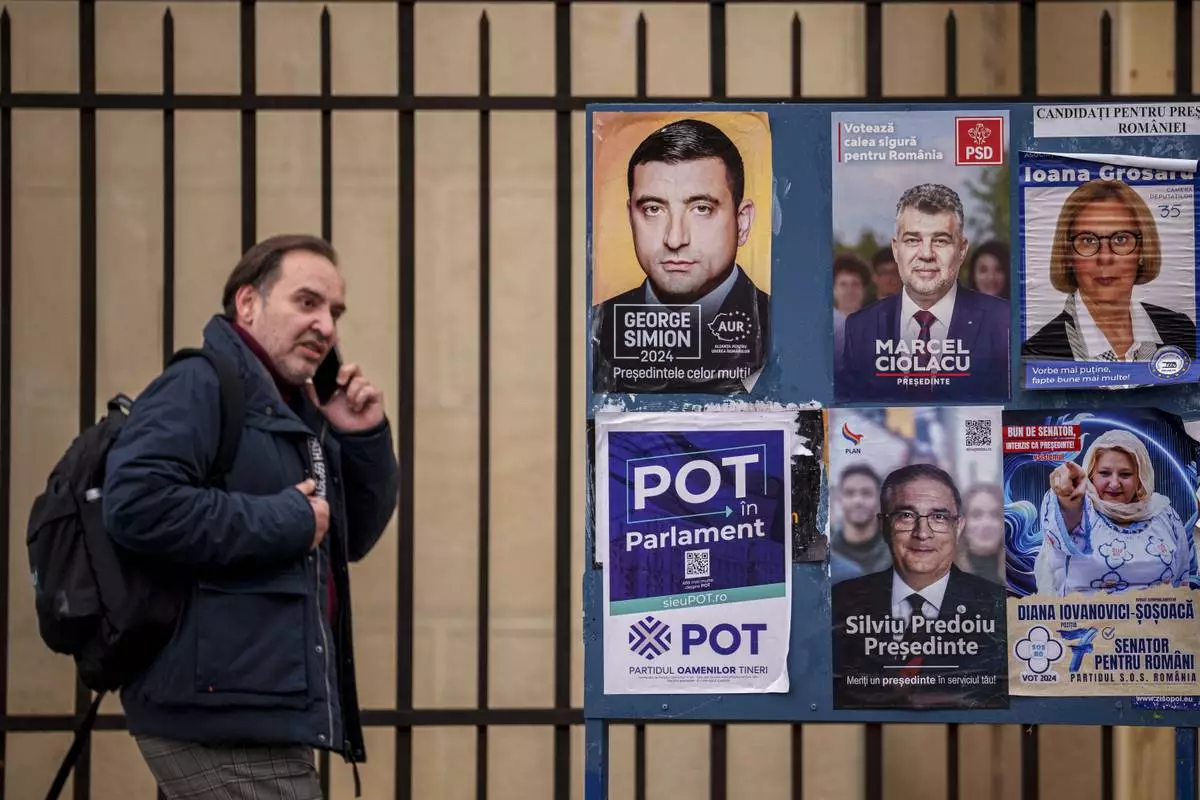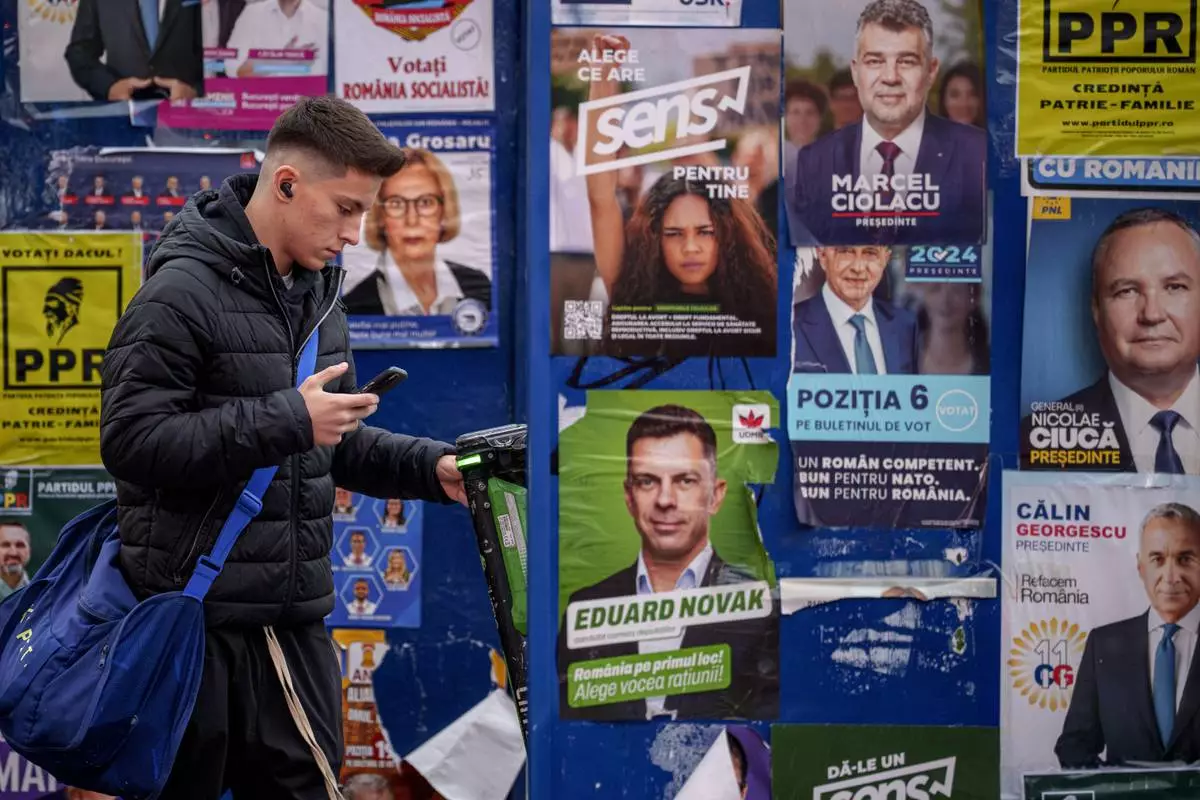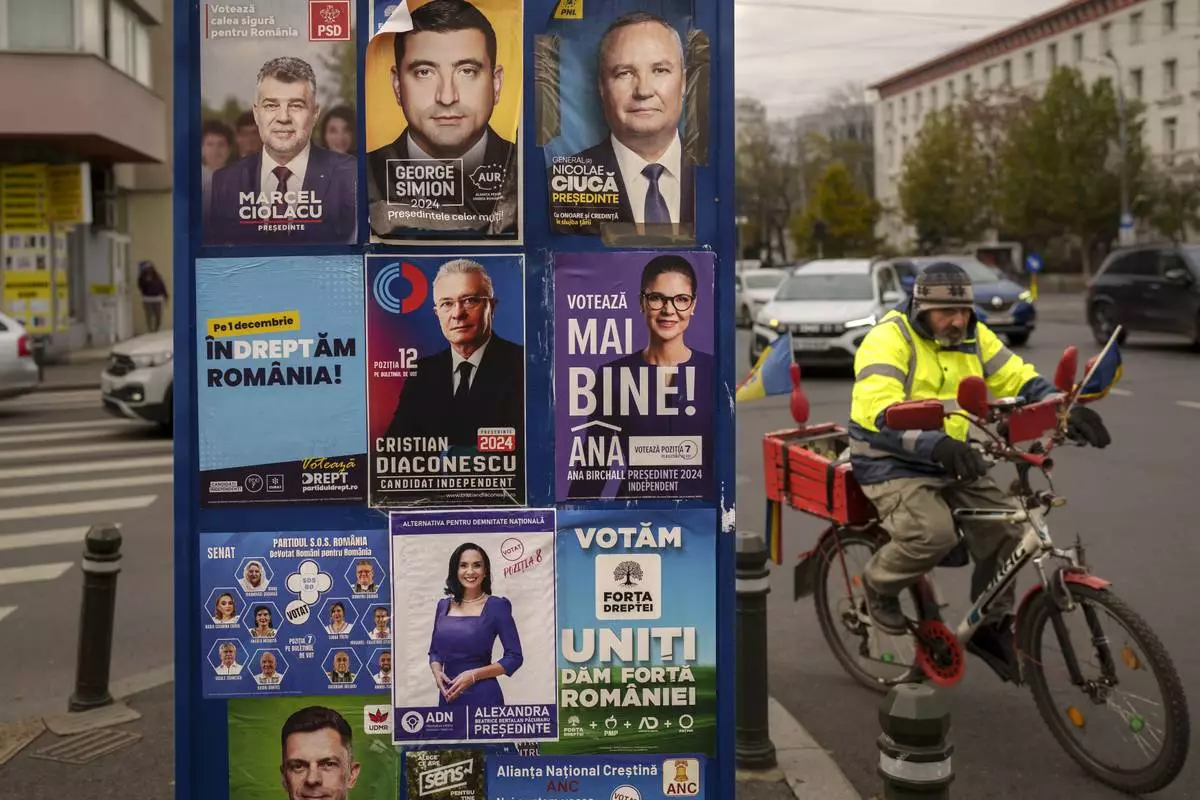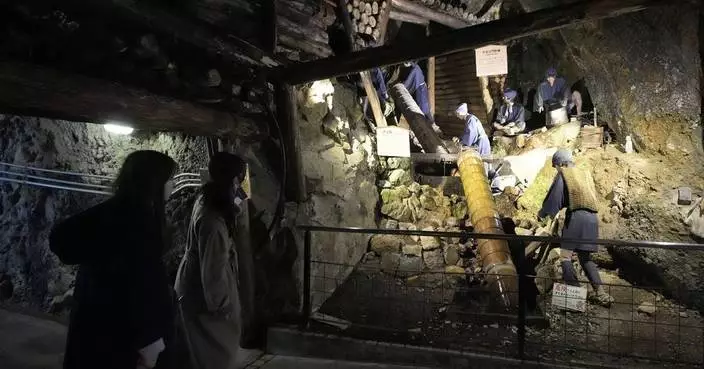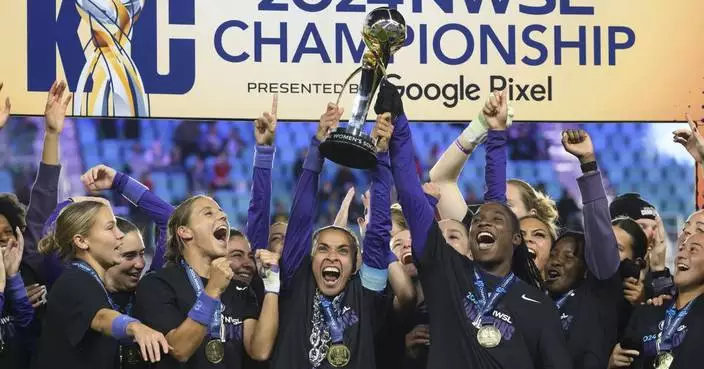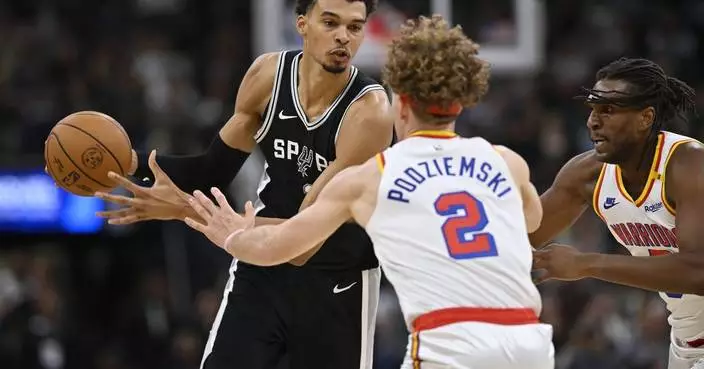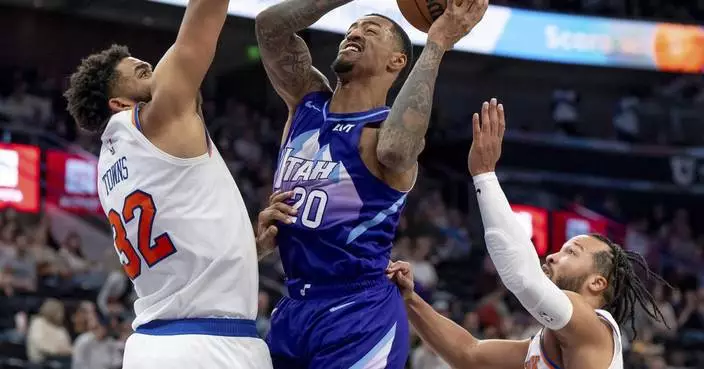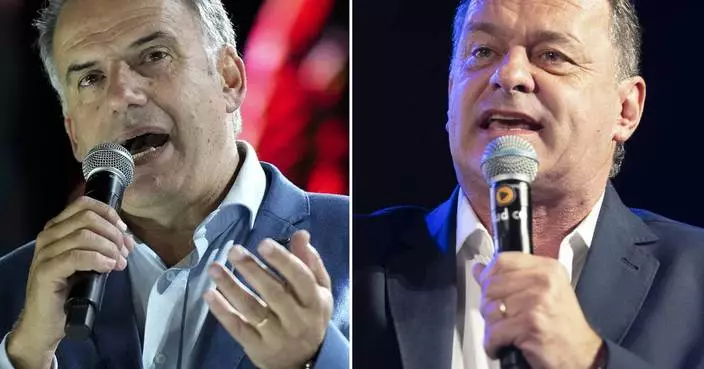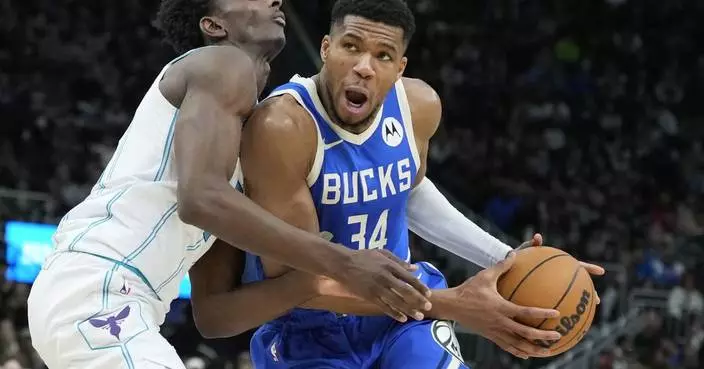SAN JUAN, Puerto Rico (AP) — When Kenyan police arrived in Haiti as part of a U.N.-backed mission earlier this year to tackle gang violence, hopes were high.
Coordinated gang attacks on prisons, police stations and the main international airport had crippled the country’s capital and forced the prime minister to resign, plunging Haiti into an unprecedented crisis.
But the crisis has only deepened since the international policing contingent arrived. The main international airport closed for the second time this year after gangs opened fire on commercial flights in mid-November, striking a flight attendant. Gunmen also are attacking once-peaceful communities to try and seize control of the entire capital, taking advantage of political infighting that led to the abrupt dismissal of the prime minister earlier this month.
Now, a new prime minister is tasked with turning around a nation that sees no escape from its troubles as Haitians wonder: How did the country reach this point?
Bloody coups, brutal dictatorships and gangs created by Haiti's political and economic elite have long defined the country's history, but experts say the current crisis is the worst they’ve seen.
“I’m very bleak about the future,” said Robert Fatton, a Haitian politics expert at the University of Virginia. “The whole situation is really collapsing.”
The government is anemic, the U.N.-backed mission that supports Haiti's understaffed police department lacks funding and personnel, and gangs now control 85% of the capital. Then, on Wednesday, another blow.
Doctors Without Borders announced it was suspending critical care in Port-au-Prince as it accused police of targeting its staff and patients, including threats of rape and death. It’s the first time the aid group has stopped working with new patients since it began operating in Haiti more than 30 years ago.
“Every day that we cannot resume activities is a tragedy, as we are one of the few providers of a wide range of medical services that have remained open during this extremely difficult year,” said Christophe Garnier, mission director in Haiti.
Lionel Lazarre, deputy spokesman for Haiti’s National Police, did not return messages for comment. Neither did officials with Kenya’s mission when asked about the surge in gang violence.
In a recent statement, the Kenyan-led mission said it was “cognizant of the road ahead that is fraught with challenges." But it noted that ongoing joint patrols and operations have secured certain communities and forced gangs to change the way they operate.
André François Giroux, Canada’s ambassador to Haiti, told The Associated Press on Saturday that his country and others have been trying to bolster the Kenyan-led mission. “They’ve done miracles, I think, considering all the challenges that we’ve been facing," he said.
“What we have to keep in mind is that it’s still very much in deployment mode,” Giroux said. “There are not even 400 on the ground right now.”
A spokesman for Haiti’s new prime minister, Alix Didier Fils-Aimé, did not return messages for comment. In a statement Thursday, his administration said authorities were strengthening security along the capital's main roads and had formed a special security council.
“The prime minister renews his commitment to find lasting solutions to current problems,” it said.
The statement was issued just days after gangs launched a pre-dawn attack Tuesday around an upper-class community in Haiti’s capital, forcing residents armed with machetes and guns to fight side-by-side with police to repel gunmen.
At least 28 gang members were killed, but not before some reached an area near an upscale hotel long considered safe.
“It tells you that there is no functioning authority in Haiti," Fatton said.
A main concern in the ongoing crisis is the temporary closure of the main international airport in Port-au-Prince.
It means critical aid is not reaching those who need it the most in a country where nearly 6,000 people are starving and nearly half of the more than 11 million inhabitants are experiencing crisis levels of hunger or worse. Gang violence also has left more than 700,000 people homeless in recent years.
“We are deeply concerned about the isolation of Port-au-Prince from the rest of Haiti and the world,” said Laurent Uwumuremyi, Mercy Corps’ country director for Haiti.
The aid group helps people including more than 15,000 living in makeshift shelters, but persistent gang violence has prevented workers from reaching a growing number of them in the capital and beyond.
Basic goods also are dwindling as the suspension of flights has delayed imports of critical supplies.
“Before, there were some neighborhoods in Port-au-Prince that we considered safe that the gangs had never reached, but now they are threatening to take over the control of the entire capital,” Uwumuremyi said.
At least 150 people were reported killed in the capital and 20,000 forced to flee their homes in the second week of November alone. Overall, more than 4,500 people were reported killed in Haiti so far this year, the U.N. said.
Jimmy Chérizier, a former elite police officer who became a gang leader known as Barbecue, warned that a gang coalition known as Viv Ansanm will keep attacking as they demand the resignation of a transitional presidential council tasked with leading the country along with the new prime minister. The council also is supposed to organize general elections for the first time in nearly a decade so voters can choose a president, a position left empty since President Jovenel Moïse was killed at his private residence in July 2021.
The U.S. and other countries pushed for a U.N. peacekeeping mission in Haiti at a U.N. Security Council meeting this week. Only about 400 officers from Kenya have arrived, along with a handful of police and soldiers from other countries — way short of the 2,500 personnel slated for the mission.
“This is not just another wave of insecurity; it is a dramatic escalation that shows no signs of abating,” Miroslav Jenča, U.N. assistant secretary general for Europe, Central Asia and the Americas, said Wednesday at the meeting.
But Russia and China oppose a U.N. peacekeeping mission, leaving many to wonder what other options are left for Haiti.
Giroux, the Canadian ambassador, said his country supports a peacekeeping operation “when the time is right.”
“Everybody is looking at a peacekeeping mission as a silver bullet,” he said, adding that even if that were to happen, it wouldn’t be able to deploy for another six to 12 months. “We need to be realistic.”
Giroux said he is hopeful that some 600 Kenyans will arrive in Haiti in upcoming weeks, but added that "none of this matters if the political elite doesn’t get its act together.”
The nine-member transitional presidential council has been marred by accusations of corruption and infighting and was criticized for firing the previous prime minister.
“I’m at a loss for any short-term solution for Haiti, let alone any long-term solutions,” Fatton said. “The gangs have seen that they shouldn’t be afraid of the Kenyan mission.”
He said one option may be for the government to negotiate with the gangs.
“At the moment, it is perceived as utterly unacceptable," he said. "But if the situation deteriorates even more, what else are you left with?”
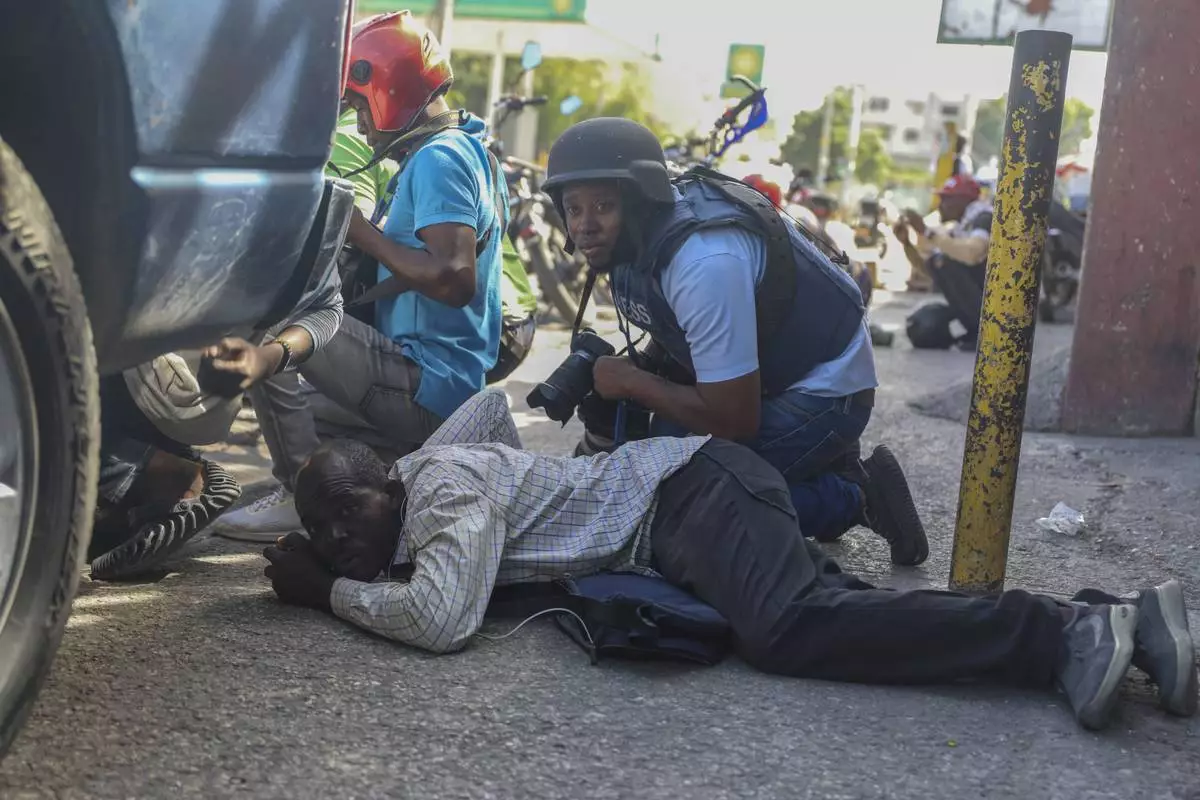
Journalists take cover from the exchange of gunfire between gangs and police in Port-au-Prince, Haiti, Monday, Nov. 11, 2024. (AP Photo/Odelyn Joseph)
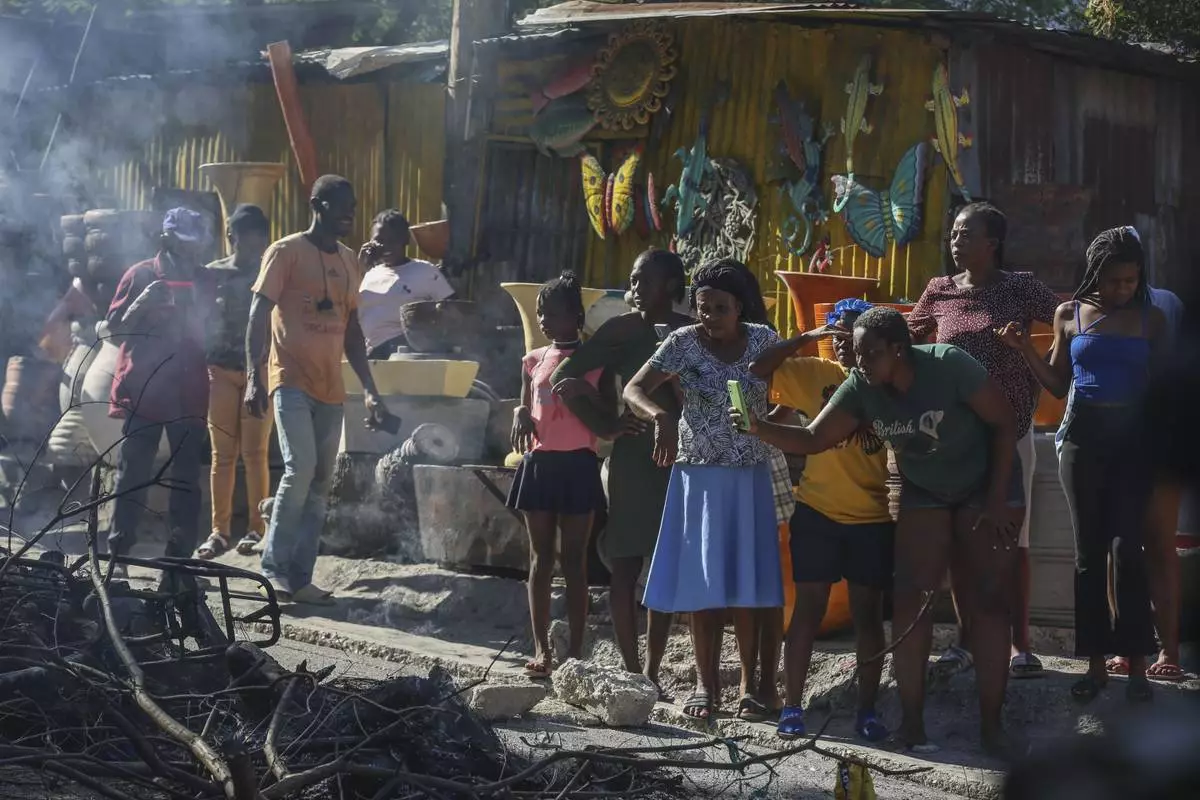
A woman films a scene where the bodies of suspected gang members who were set on fire by residents sit in a heap in the middle of a road, in the Pétion-Ville neighborhood of Port-au-Prince, Haiti, Tuesday, Nov. 19, 2024. (AP Photo/Odelyn Joseph)
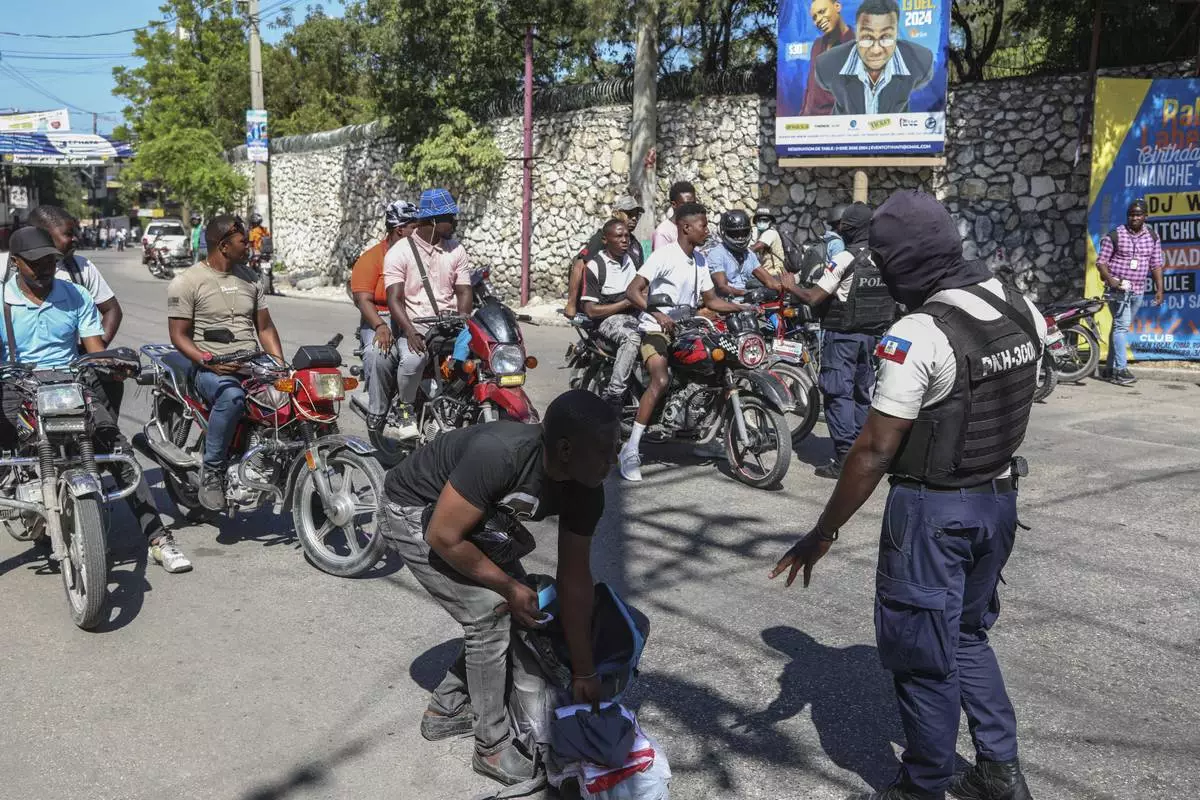
Police officers man a checkpoint checking for weapons, in the Petion-Ville of Port-au-Prince, Haiti, Tuesday, Nov. 19, 2024. (AP Photo/Odelyn Joseph)
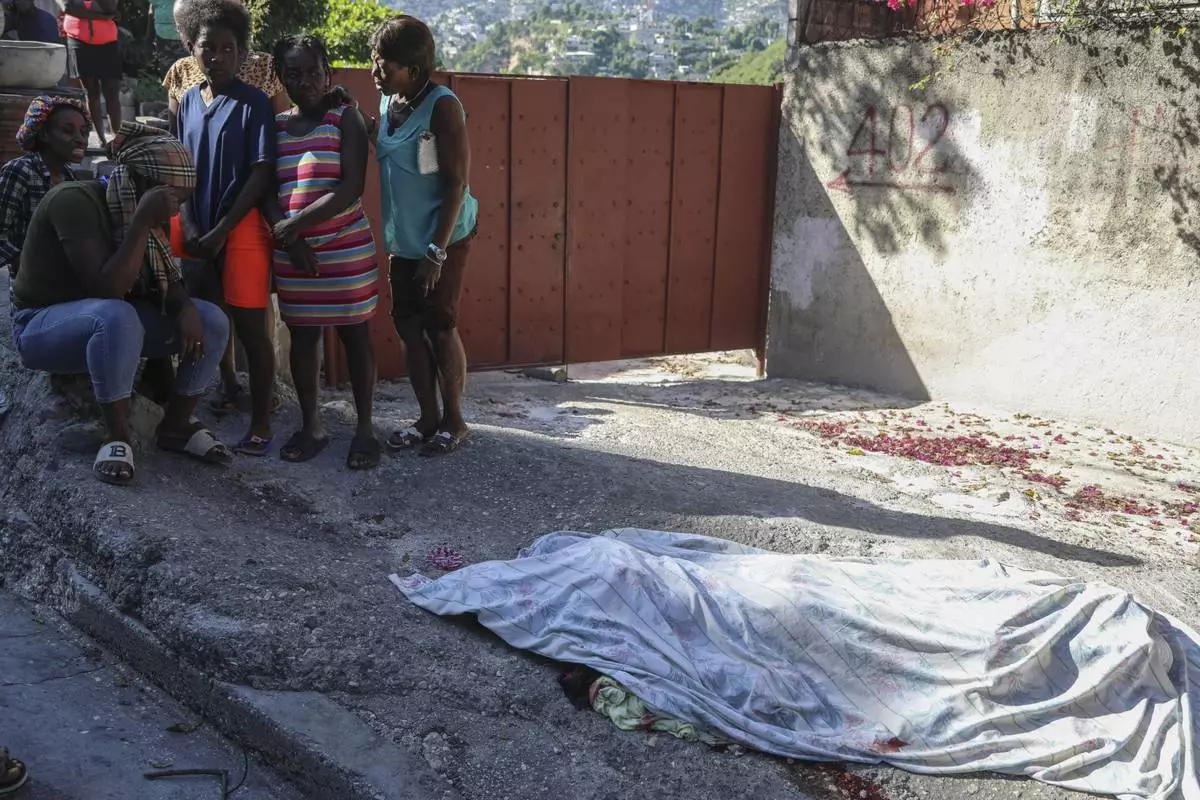
Residents gather before a person they say was killed in an attack by gang members, in the Pétion-Ville neighborhood of Port-au-Prince, Haiti, Tuesday, Nov. 19, 2024. (AP Photo/Odelyn Joseph)
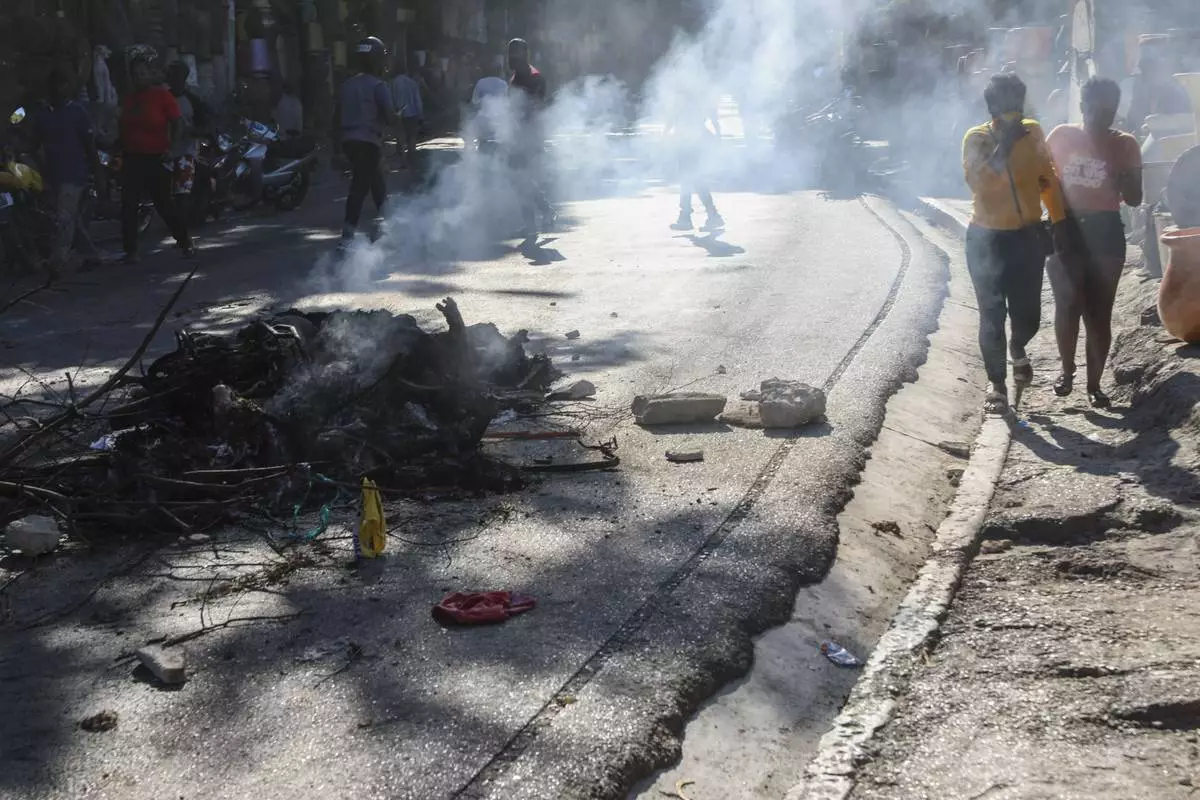
The bodies of suspected gang members who were set on fire by residents, sit in a pile in the middle of a road in the Pétion-Ville neighborhood of Port-au-Prince, Haiti, Tuesday, Nov. 19, 2024. (AP Photo/Odelyn Joseph)


